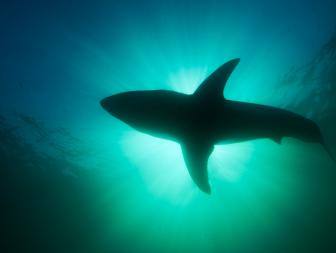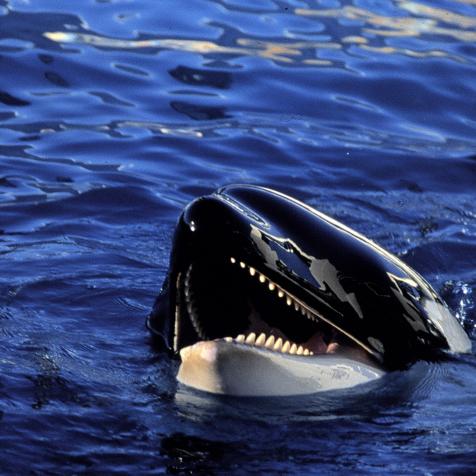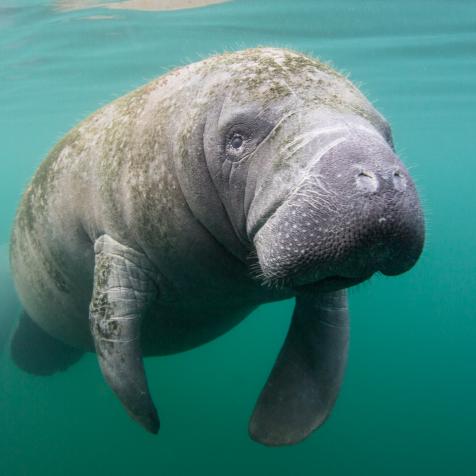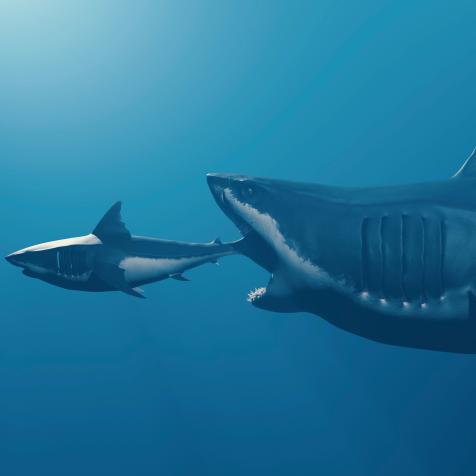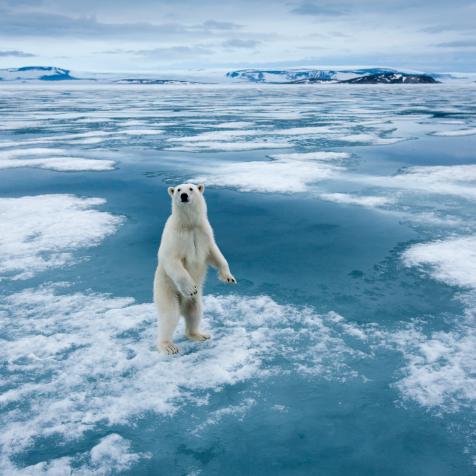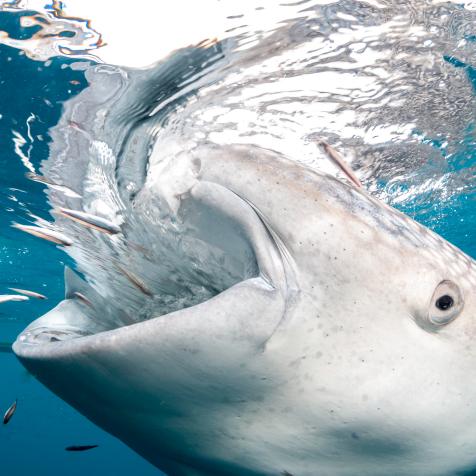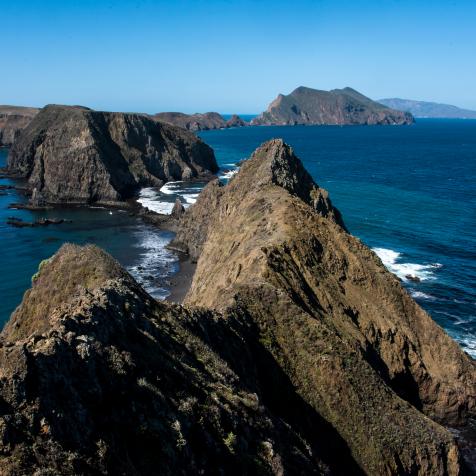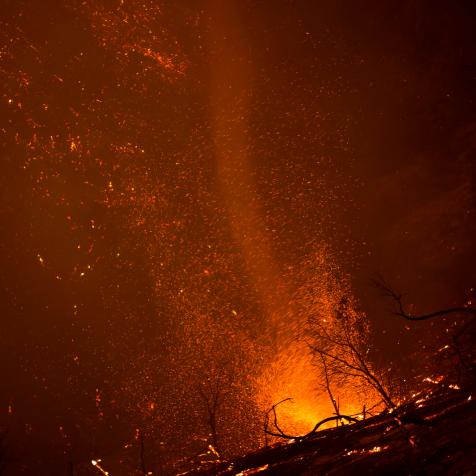
Andrew Bret Wallis
Are Sharks Coming Closer to Our Shores?
Scientists at the University of Miami Rosenstiel School of Marine and Atmospheric Science have speculated that variables related to high urbanization may be driving higher occurrences of sharks within coastal waters. With high increased levels of urbanization in coastal cities, it’s important for our world to understand how ocean life adapts to the changes in their habitats.
This research team began studying space use and residency patterns of 25 nurse sharks, 14 great hammerheads, and 13 bull sharks all along the coast of bustling Miami, Florida. Based on previous research, scientists predicted that sharks would try to avoid the populated shores or only interact during off-hours of the day. Scientists found the opposite was true.
Through analyzing the data, University of Miami researchers found that the sharks’ space use patterns were similar to ‘urban adapters’, species that prefer using urban area spaces. These scientists proposed hypotheses that human-produced waste and nutrient runoff attract ample prey for sharks leading to increased populations closer to shore. In addition, they hypothesized that fishermen who discard fish carcasses may be attracting sharks as well. Finally, scientists speculated that the Miami Seaquarium’s discarded fish parts could also be increasing shark shore activity.
The research team expressed hope that this study could spark further research into urban ecology, and how humans and cities interact with nature. Although the results of this study show that shark populations could be in coastal areas, it is vital to understand that unprovoked shark attacks are very uncommon. The Florida Museum of Natural History found that only around 72 unprovoked shark incidents occur worldwide each year.
More on Sharks
Get Your Heart Pumping for Shark Week 2022
Shark Week 2022 starts July 24 on discovery and discovery+.









